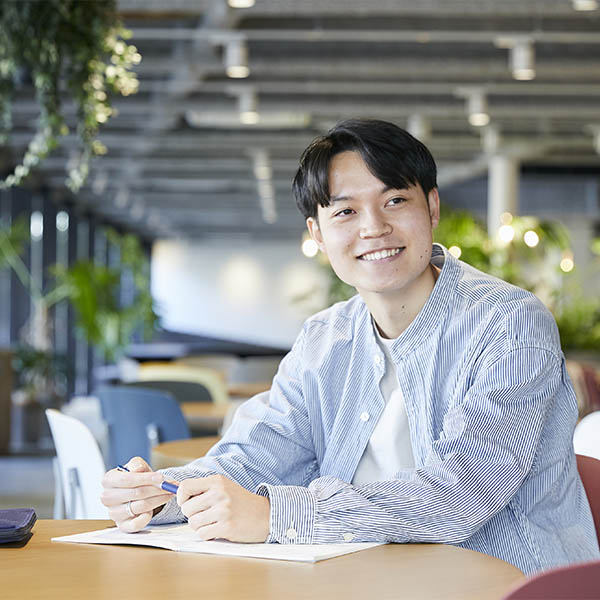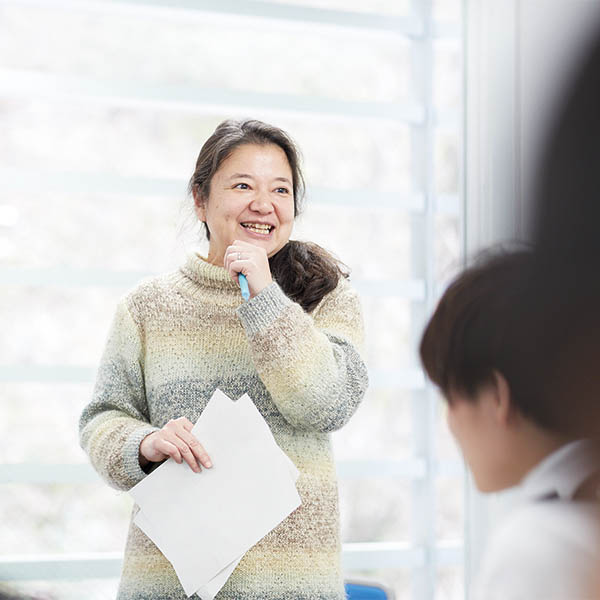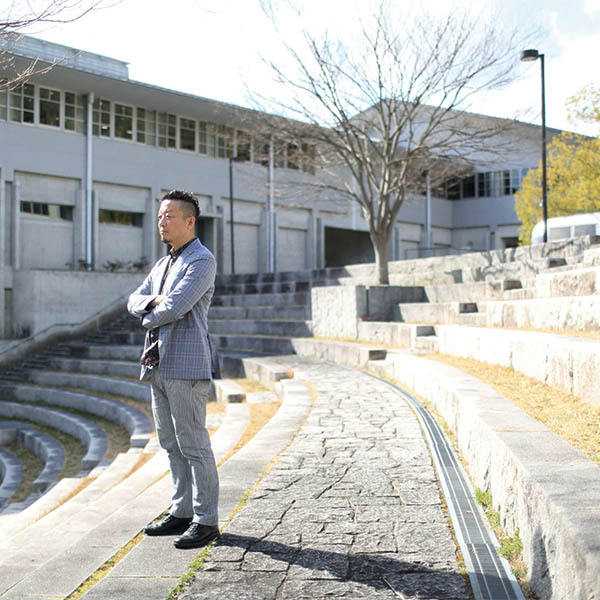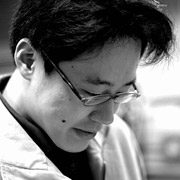
SHIRAI Satoshi
- Specialization
- Social Thought / Political Science
Peace studies is an interdisciplinary academic field where students examine how peace can be achieved, either as negative peace, through the absence of violence, or as positive peace, where people have the freedom to explore and demonstrate their potential.
Gender is no longer bound by its role as a social and cultural construct. Instead, it is now seen as something that actively shapes the very fabric of society and culture. In Gender Studies, students gain an understanding of the development of gender theory and its relationship to contemporary thinking.
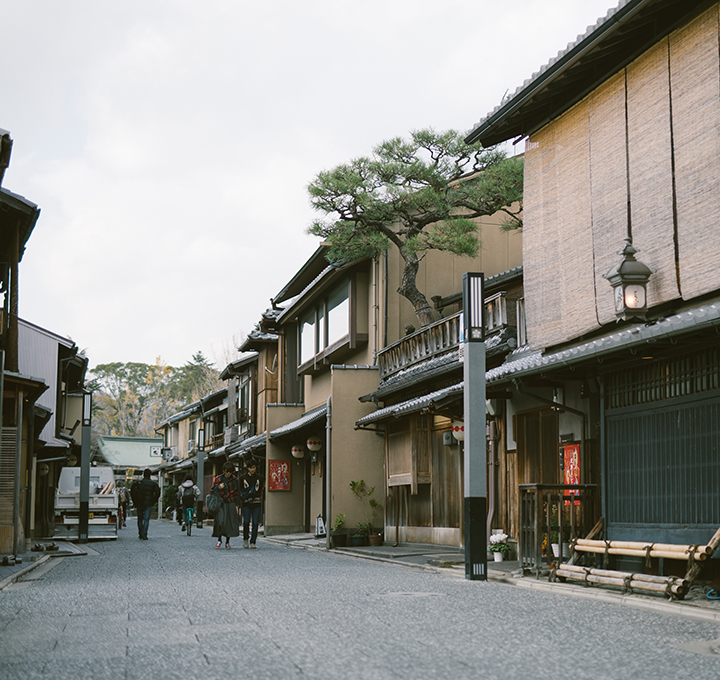
Study aspects of all four courses
In their first year, students do not focus on one specific course but learn the basics of literature, history, society, and Japanese culture. They explore topics that interest them while learning about the structure of modern society and the building blocks of culture.
Understanding yourself through broad-based learning and language
Students deepen their understanding of themselves and others through language. Students learn the skills needed for research starting with the basics, including picking a suitable topic from among their interests, reviewing past research and conducting fieldwork, and logically summarizing and presenting their ideas.
Deepening your understanding of your specialization
In year two, students choose to specialize in one of four courses: Literature, History, Society, and Japanese Culture. Students develop their skills under academic supervisors with specific areas of expertise through lectures that cover introductory topics or cultural history and practical exercises such as literature readings in class.
Learning research methodologies in seminars
Students explore their research topics in small-group seminars with other students who share their area of interest. In addition, students develop a research plan for their third-year fieldwork program under the guidance of their supervisor.
Conducting research through fieldwork
Students go out into the field to test all that they have learned from their course. Students gain a genuine understanding through firsthand experience during a two-month period outside of campus, immersed in a different culture and society where they come in contact with diverse value systems. This experience gives them new perspectives, expands their horizons, and helps them develop original ideas.
Verifying research findings
After completion of the program, students return to campus to reflect on their research. They collate the data and material collected in the field and compile this into a report. Students report their research findings to faculty members and their peers, and further deepen their understanding based on feedback and discussion.
Giving shape to ideas
Students prepare a graduation thesis on their ideas based on the deep knowledge they gained in the first three years. For students to write a logically coherent and readily comprehensible thesis on a topic they are interested in, supervisors provide one-on-one guidance every step of the way, from research planning to proofreading.
Being Both A Mother and a Woman: Family Through the Fashion of the “Millennial Mom”
The “millennial mom” is a familiar concept in today’s media. She is young and fashionable, and at first glance, it can be difficult to tell that she is a mother. This trend largely reflects increasing individualization among younger Japanese women. The paper discusses the impact of individualization on fashion for mothers and the role of “millennial mom” fashion in family life today.
Studying Ethnic Culture: Mystical Tourism and the Fascination with Sacred Objects
As tourists, we are often interested in discovering the unusual. This interest is usually focused on ethnic peoples and culture, with sacred items in these communities a particular source of interest to some tourists. Based on the current tourism commodification of two ethnic cultures, Thai ethnic minorities and the Amish, this paper explores our desire to rediscover the “sacred” through tourism at a time when our society is becoming increasingly secular.
Overcoming Barriers in the Awamori Market in Okinawa and Mainland Japan - Exploring the Challenges of Marketing Awamori Outside Okinawa
Shipments of awamori, Okinawa’s local alcoholic beverage, outside the prefecture rose sharply in the late 1990s and early 2000s. There are many differences in the way awamori is distributed compared to shochu. Liquor distributors in mainland Japan tend to think of awamori as a difficult product to market. This thesis analyzes various reasons for this: the grip of Okinawan wholesalers on the market, special liquor tax measures associated with US military rule, and the reversion of political control of Okinawa to the mainland, as well as differences in consumers’ alcoholic beverage preferences in mainland Japan and Okinawa.

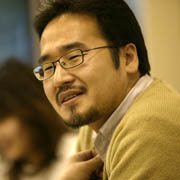
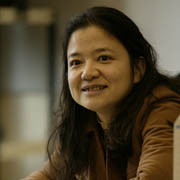
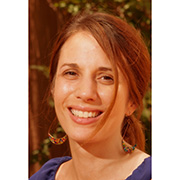
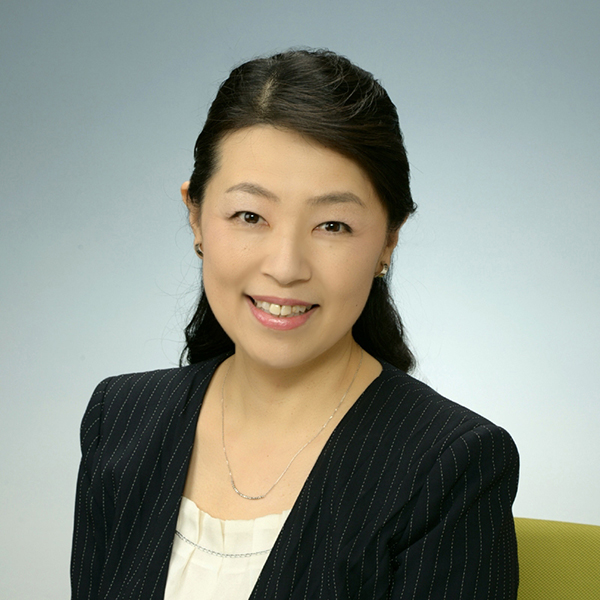
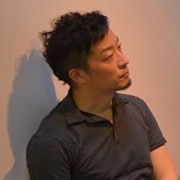
Career Opportunities
